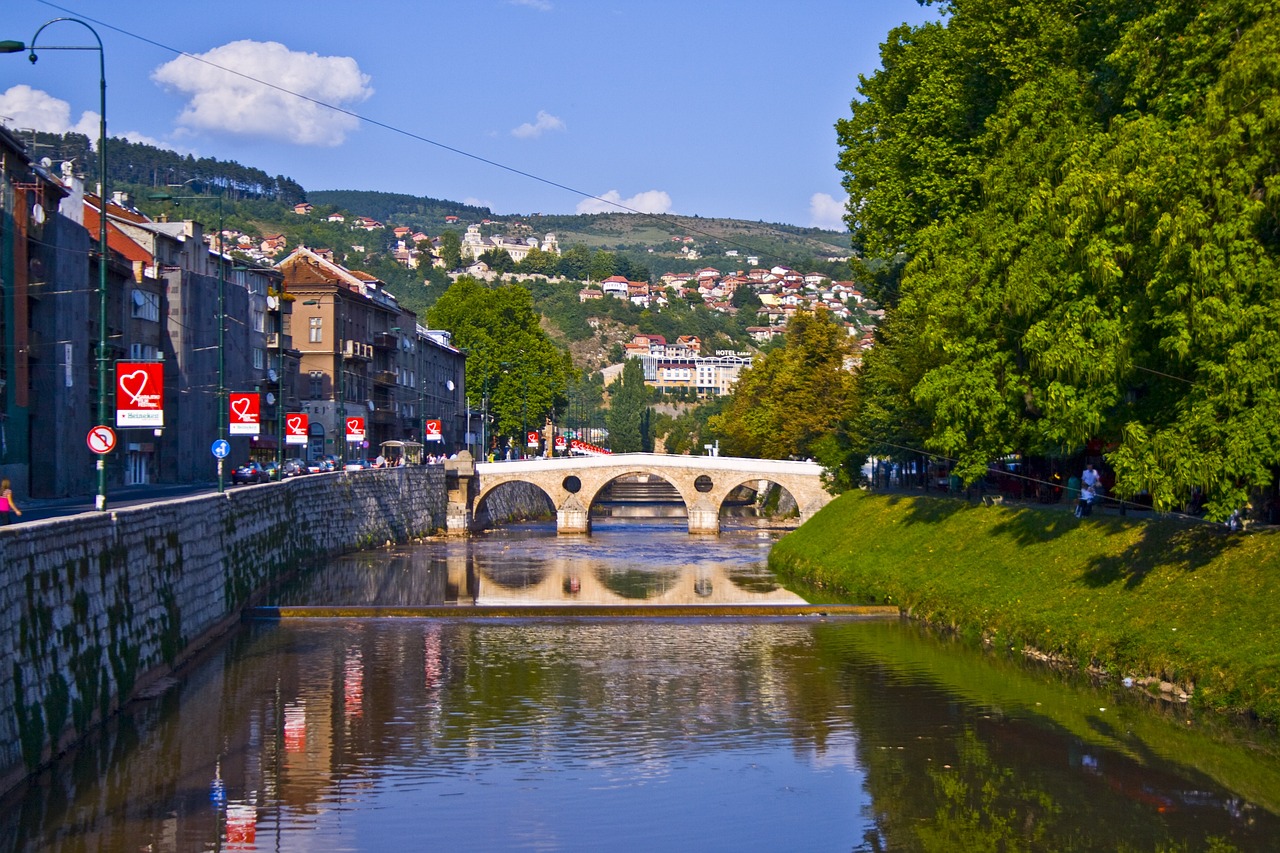
Latvian President Edgars Rinkevics has criticised the European Union’s failure to deliver on its promise to bring Western Balkan nations closer to the bloc, arguing that the sluggishness of EU accession talks has aided Russia’s growing influence in the region.
The slow pace of talks has made the region vulnerable to Kremlin influence, and ethnic division and secessionist threats in Bosnia-Herzegovina are another challenge. Russia’s invasion of Ukraine has prompted the EU to move forward with its long-stagnant enlargement policy, accelerating the process to prevent its neighbours from being under the influence of nations hostile to its liberal values. The European Commission has recommended opening membership talks with Ukraine and Moldova, and Bosnia-Herzegovina once they complete a series of reforms.
The EU has announced a new growth plan for the Western Balkans, which includes integration with the bloc’s single market, building a common regional market, and better directing investments towards key reforms.






